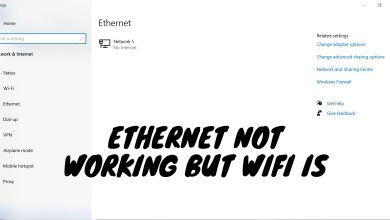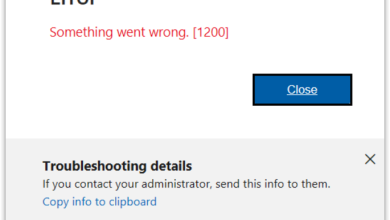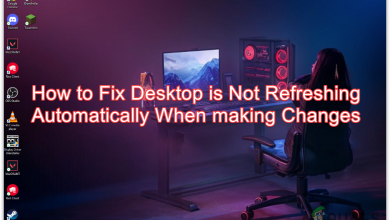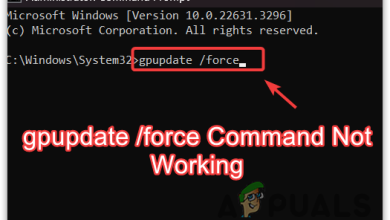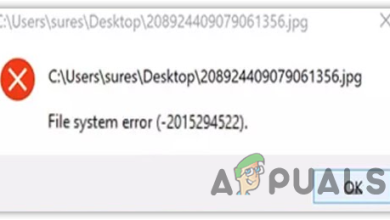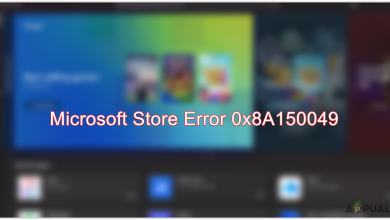How to Fix HP Laptop That Won’t Charge Anymore?
When it comes to HP laptops, users might sometimes face a situation where the laptop suddenly stops charging. This scenario typically points to issues with either the laptop’s hardware or software. The most common culprit for this problem is outdated battery drivers when it comes to software issues.
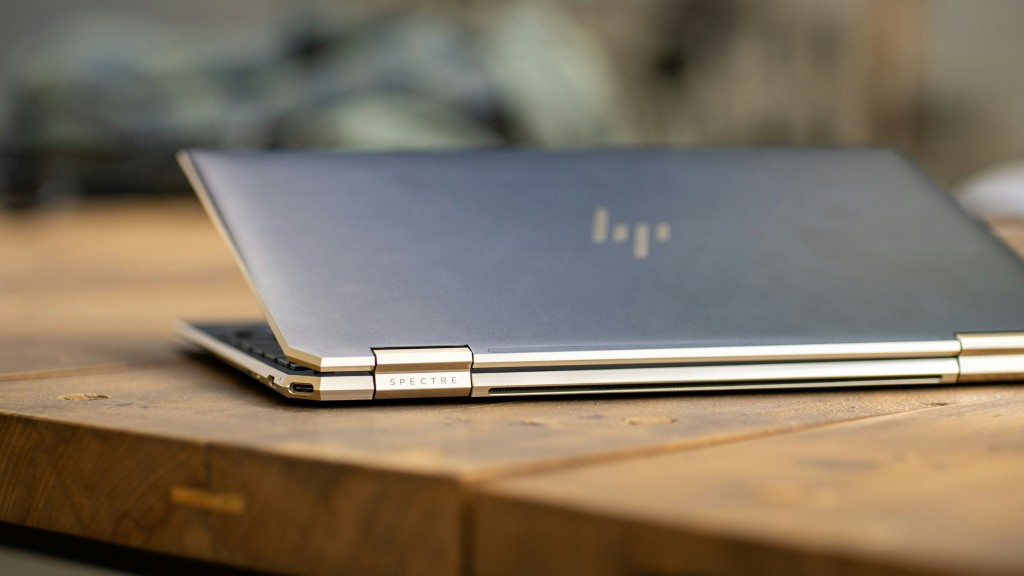
Battery drivers serve as a bridge between the battery, the charging device, and the operating system. Out-of-date battery drivers can become susceptible to flaws and erratic behavior, leading to compatibility challenges between the software and the hardware.
Other contributing factors to this issue might include an outdated BIOS or defective hardware such as the AC adapter, charging port, or the battery itself. Our guide offers a variety of solutions that you can implement to address this problem.
1. Hardware Troubleshooting
Begin by conducting a meticulous hardware inspection to exclude any possibility of loose or insecure connections:
- Ensure the AC adapter is firmly connected to the power outlet. Also, examine the power cable for any signs of damage or wear. If your AC adapter features a LED indicator, check whether it illuminates when plugged in.
- Inspect the charging pin for any bending, which can result from rough handling.
- Examine the laptop’s charging port; debris inside the port may prevent proper connection of the charging pin.
- Once you have completed the hardware check, reconnect your laptop to power and see if the charging issue has been resolved.
2. Power Reset your HP Laptop
Performing a power reset on your HP laptop can solve minor bugs and errors by clearing the temporary memory while keeping your personal data intact.
- Switch off your laptop and disconnect it from the power source. Additionally, remove any peripheral devices such as printers, external displays, or external storage devices. If your laptop comes with a removable battery, take it out too.
- Once everything is disconnected and the laptop is off, press and hold the power button on your HP laptop for 15 seconds.
- Reconnect the battery first, if it is removable, and then plug in the AC adapter to your laptop.
- Switch on your laptop and check if the charging problem persists.
3. Update Battery Drivers
Keeping battery drivers up-to-date is vital as updates often include optimizations and fixes for known issues. If your HP laptop’s battery drivers are not current, it may lead to compatibility problems, thereby causing the charging issue.
- Press Windows + R, enter devmgmt.msc, and click OK to open the Device Manager.
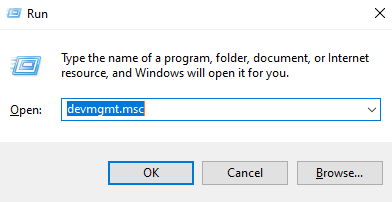
- Expand the “Batteries” category and locate the “Microsoft AC Adapter.”
- Right-click on “Microsoft AC Adapter” and choose Update Driver.
- Select Search Automatically for Drivers in the upcoming window to let the system locate and install the latest driver.
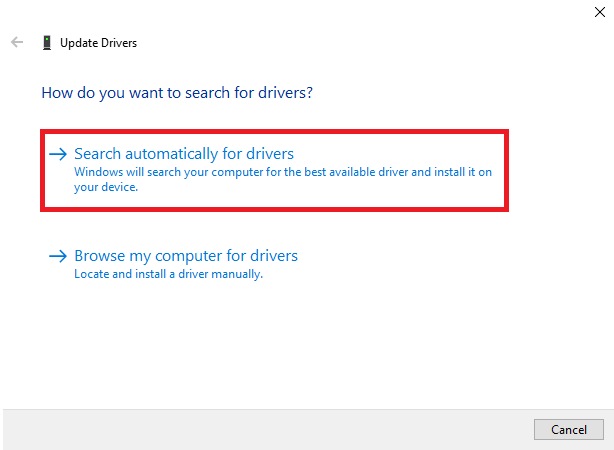
- After updating, verify whether the charging issue has been successfully resolved.
4. Update BIOS
BIOS is essential firmware that runs checks on all hardware components and initiates the startup process. Occasionally, a glitch may disrupt the initialization of battery or charging operations, contributing to the charging issue. Updating your laptop’s BIOS might rectify these problems.
Follow our in-depth guide on how to update the BIOS on an HP laptop. It is critical to proceed with care and perform backups of crucial data, as improper BIOS updates can lead to boot issues.
5. Get your Laptop Serviced
If the problem stems from failing hardware, such as the motherboard, AC adapter, or battery, professional servicing might be necessary. In such cases, seeking assistance from trained technicians is advised.
